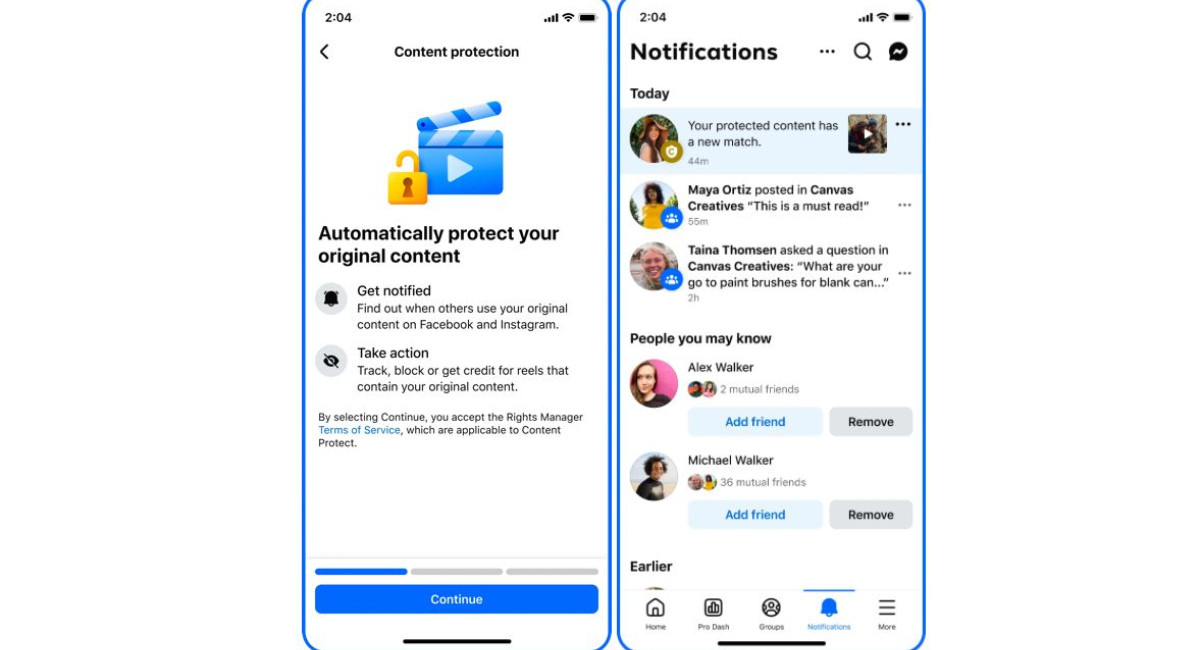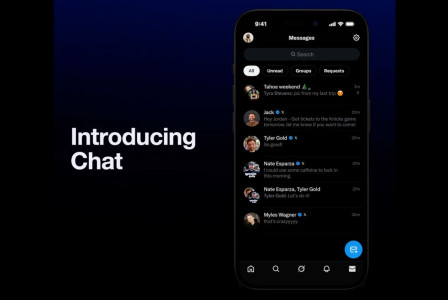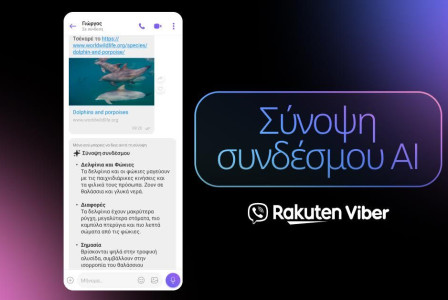SEARCH
Meta unveils mobile tool to stop Reels theft

SHARE IT
Meta is rolling out a fresh attempt to shield creators on Facebook from the growing problem of content theft, particularly in the fast-moving world of short videos. The company introduced Facebook content protection, a new mobile-only feature designed to automatically detect when a creator’s original reels posted on Facebook are being reuploaded or reused without permission. It is a direct effort to curb the widespread copying of video content that often leaves original creators struggling to stand out.
At the heart of the new feature is a system that alerts users whenever their content surfaces elsewhere on Facebook or Instagram. Once notified, creators have several pathways to choose from. They can block the visibility of the infringing reel across both platforms, preventing it from gaining distribution. Alternatively, they can keep an eye on the reposted clip’s performance and add attribution links that direct viewers back to the creator’s profile, page, or in some cases the original reel itself. For those who simply don’t wish to pursue the matter, Meta also provides an option to release the claim and let the content remain untouched.
The feature comes as part of Meta’s broader initiative to support originality on its platforms and limit the influence of copycats who recycle viral content. Earlier this year, the company revealed it had removed around 10 million fake or impersonating profiles mimicking major creators and had taken action against 500,000 accounts involved in spam or artificial engagement. Meta is framing the new content protection system as a continuation of these efforts.
Although the tool is designed to protect content shared on both Facebook and Instagram, it works only when the original reel has been posted on Facebook. This includes reels cross-posted from Instagram via the Share to Facebook option. As a result, the feature may motivate more creators to upload their videos on Facebook first, strengthening the platform’s appeal for creative work.
For now, Meta is automatically granting access to creators enrolled in its Facebook Content Monetization program who meet higher standards for integrity and originality. Additionally, the company is expanding the feature to creators already using Rights Manager, its existing system for rights holders. Eligible creators will notice prompts in their Feed, Professional Dashboard, or profile, while others can manually check for access through the Content Protection section of the Professional Dashboard or even apply directly through Facebook’s website.
The technology powering this tool mirrors the matching system used in Rights Manager. Whenever the system detects a reel that resembles the original, it presents creators with a match percentage and useful details such as the number of views, follower count of the other account, and whether the clip is monetized. This gives creators a clearer picture of whether the reuse is a harmless repost or a potentially harmful act affecting their reach or earnings.
Meta emphasizes that creators remain in control of how the system handles matches. If a collaborator or partner has permission to repost a reel, the creator can add their account to an allow list to prevent their content from being flagged. There is also flexibility to release a claim on an individual video or track its performance while adding attribution links. Meta is experimenting with linking directly to the original reel, though linking to the creator’s profile or page remains the default for now.
Blocking a reel restricts its distribution, but the account responsible for the unauthorized upload will not receive any direct penalties. Meta appears cautious about allowing the system to be weaponized against users, stating that creators who misuse the tool or file false claims risk facing account restrictions or losing access to content protection altogether. By default, tracking matches is turned on for all eligible creators.
Another important part of the rollout is the ability for creators to dispute cases where someone else tries to protect content that isn’t theirs. This can be done through a copyright takedown request submitted via Meta’s IP reporting channel. Creators can also report matches manually if the system fails to surface them, using the option labeled “Can’t find a specific match?” within the content protection dashboard.
For now, Facebook content protection is available only on mobile devices. However, Meta is testing an expansion of the feature to the desktop version of the Professional Dashboard, suggesting broader accessibility may follow.
MORE NEWS FOR YOU

 Help & Support
Help & Support 

